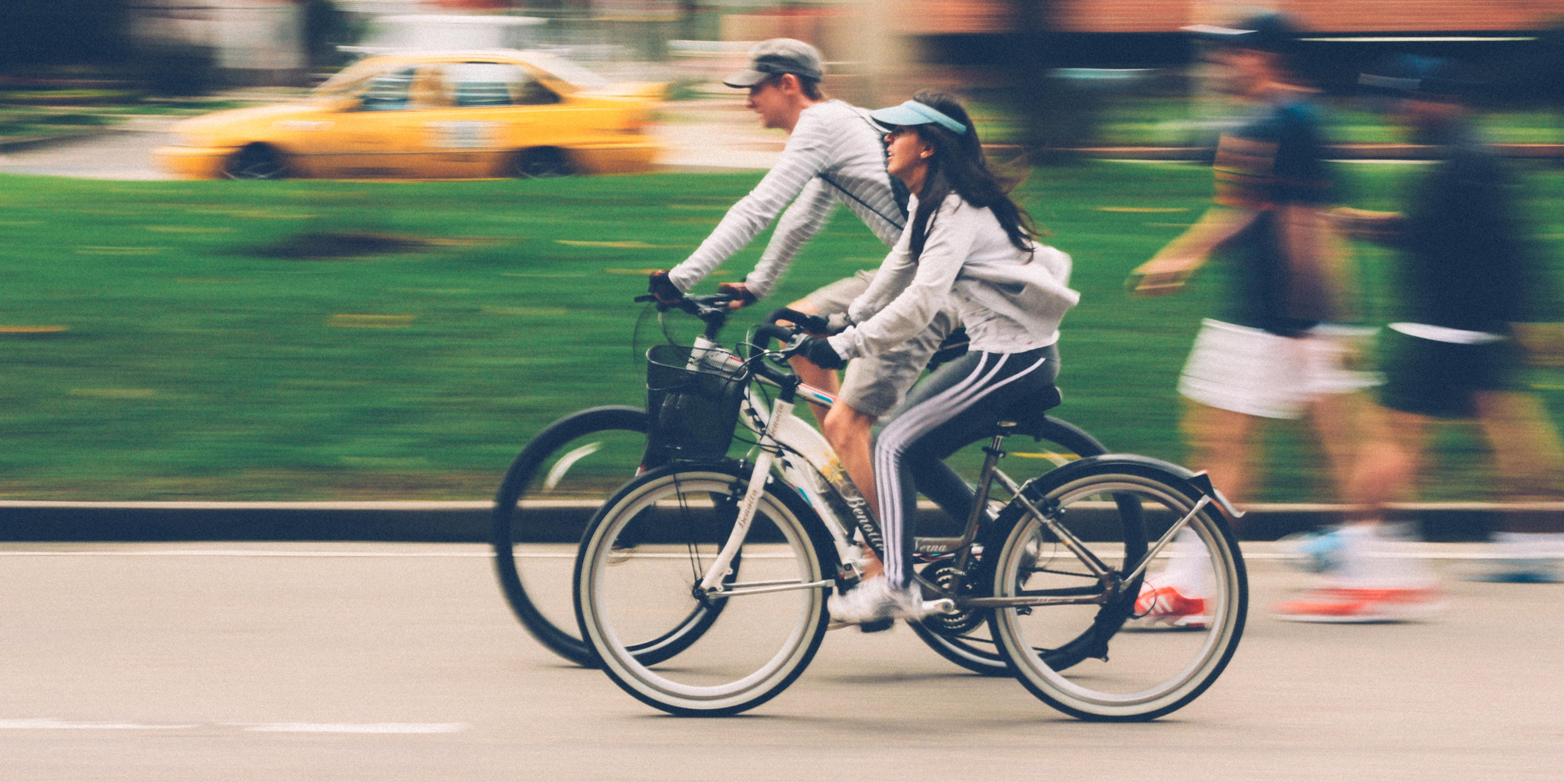E-Bike City: Designing sustainable streets
What if 50 percent of existing urban road space was allocated to e-bikes and the slow modes? How would this change our daily lives? How many CO2 emissions could this save? These questions are at the core of the D-BAUG lighthouse project "E-Bike City". Seven research groups will join forces to explore the effects of an urban future giving absolute priority to cycling, micromobility and public transport. Join the kick-off event on 23 November 2022!

The transport sector faces major challenges: On the one hand, traffic emissions (noise, CO2, air pollutants) and congestion need to be rapidly reduced; on the other hand, there are increasing mobility demands and growing expectations for the transport system’s reliability and for providing accessibility for all. So far, the transport sector has been unable to find viable and publicly acceptable solutions out of this dilemma. This dilemma is the motivation of the D-BAUG lighthouse project "E-Bike City", which offers a radical departure from the incremental plans proposed so far to achieve a net-zero transport world.
Reallocation of road space
The planning idea is to reallocate 50 percent of the existing urban road space to "slow forms" of mobility, such as walking, cycling, e-cycling, and other forms of micromobility. This relocation of road space could enable cities to provide a cycling and slow mode infrastructure that would be attractive to the broader population, thus inducing a modal shift from heavily motorized modes, such as the private cars, to active modes, such as cycling and e-cycling.
But how exactly will this shift need to occur to create a net-zero urban transport system? And what would this transition mean in terms of access to mobility, travel costs, emissions and our daily commutes? Would we still be able to reach all the places we currently go in a reasonable amount of time? These are some of the questions the project aims to answer by developing plans for case study cities, simulation software and forecasting tools required to create a model of an e-bike city and assess its potential impacts.

D-BAUG Lighthouse Project
The new lighthouse initiative fosters strategic big-picture projects which establish beacons for societal transformation and development, associated with the three "Grand Challenges" to which D-BAUG contributes new approaches to sustainable engineering: "Increasing Urbanization", "Sustainable Infrastructures" and "Changing Environment".
"E-Bike City" kicks off this project series. Over the next three years, seven research groups will bring together their expertise to develop a comprehensive, holistic, and actionable vision of a sustainable future for urban transport: Transport Planning (Prof. Kay Axhausen), Transport Systems (Prof. Francesco Corman), Infrastructure Management (Prof. Bryan Adey), Ecological Systems Design (Prof. Stefanie Hellweg), Geoinformation Engineering (Prof. Martin Raubal), Spatial Development and Urban Policy (Prof. David Kaufmann), as well as Traffic Engineering (Dr. Anastasios Kouvelas).